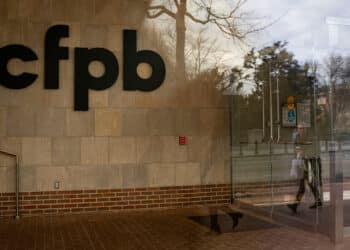Westlake Details Benefits of Vendor Partnerships
Lenders can cut operational costs by partnering with third-party vendors and allowing them minor involvement in specialized services without diverting focus from a lender’s core business, Paul Kerwin, chief financial officer of Westlake Financial Services, told Auto Finance Excellence.
Third-party vendors create a mutually beneficial relationship. Lenders reduce operation costs and better optimizes services that may otherwise not receive enough attention from an internal team, Steve Gracia, director of auto claims for Dimont, told Auto Finance Excellence. Meanwhile, the vendor benefits from partnering with a lender — not only because they have a new client — but also because as the lender’s portfolio grows so too does the vendor’s profits.
Another advantage of working with third-party vendors is creating strong partnerships and contacts in the industry, which helps Westlake stay ahead of the curve in regards to acquisitions, Kerwin said.
“We’re in the business of buying and servicing portfolios,” he noted. “Having strong contacts in the industry, we tend to get strong leads on deals before others.”
Westlake announced its partnership with third-party vendor Dimont last week, a Dallas-based insurance claims and collateral loss mitigation service, to increase overall claim recoveries on the lender’s inventory portfolio.
“Through the conversations we’ve had, lenders want to offset operational expenses,” Gracia said. “The best way to do that is to outsource and bring on a company that specializes in the service.”
Of course, if the lender feels they can do the service on their own — either because it would cost less or give the company greater control — the vendor becomes less useful. However, lenders aren’t typically experts in niche services, like insurance claims or loss mitigation, for example. Bringing in Dimont allows Westlake to capitalize more on post-repossession damage claims.
“All those damages [repossessions] are incurring, that’s impacting what [the lender] is getting back in returns,” Garcia said.
Through Dimont’s service, licensed adjusters will go through and negotiate with insurance carriers and determine a settlement based on damages to bridge the gap between the losses that Westlake is incurring and what the repossessions are selling for. As Westlake engages in more acquisitions, Dimont’s process gets “absorbed in those portfolios” as well, Garcia said.














